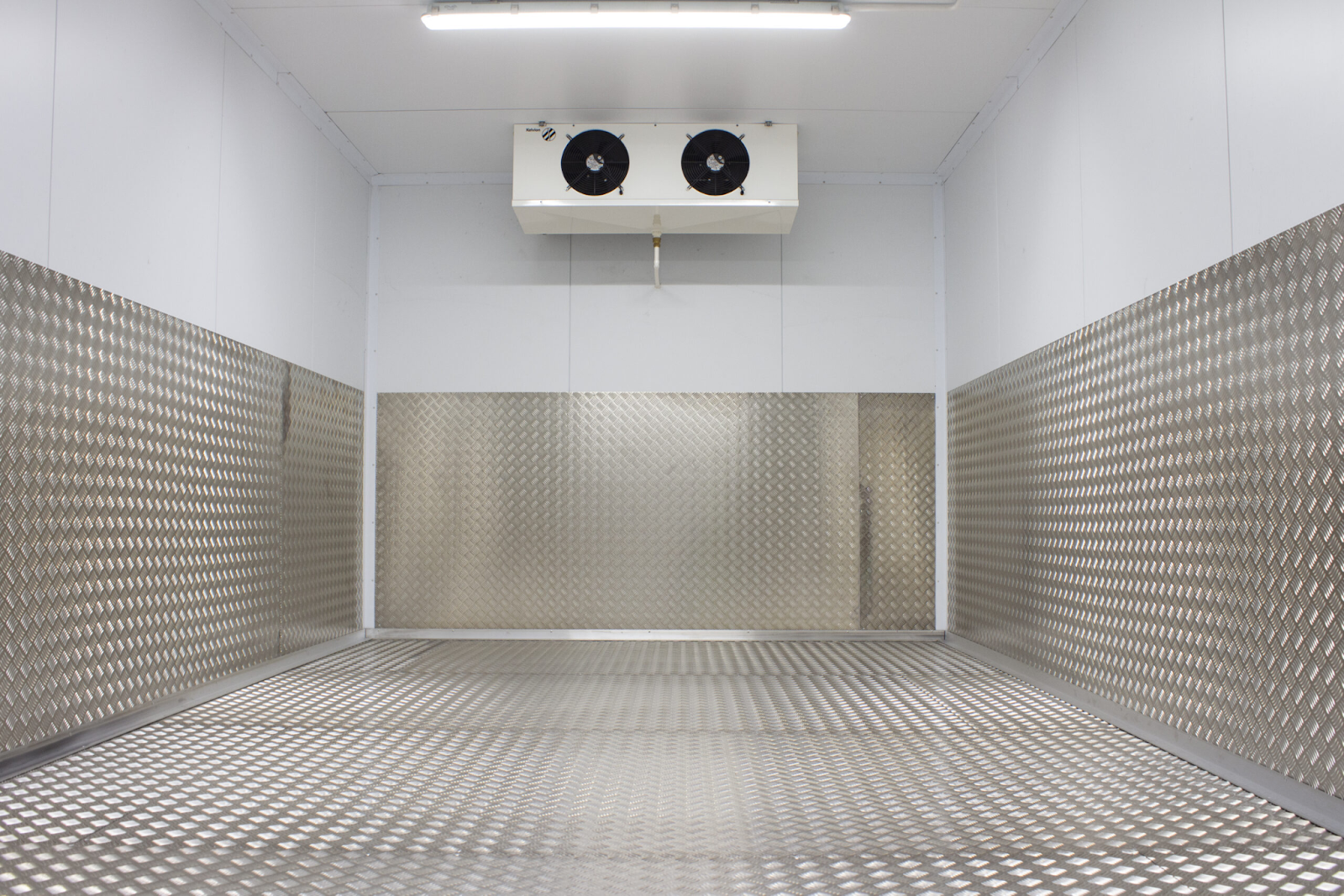A smart home is a living space using internet-connected devices for remote control and monitoring of various systems and appliances. These devices provide security, comfort, convenience, and energy efficiency. This term, also known as home automation, refers to controlling various aspects of a home’s environment.
Various options are available, from smart lighting to security systems to transform your living space into a future-proof smart home.
Let’s explore this topic in detail.
How Does Home Automation System Work?
Home automation refers to the automatic and electrical control of intelligent devices connected to the internet.
This connectivity system allows for remote device control, eliminating the need for manual intervention through apps or voice assistants.
It connects various devices to the internet via communication protocols like Wi-Fi, Bluetooth, and Zigbee. These Home Automation Devices can be remotely operated using electronic interfaces like voice assistants.
Sensors are crucial in home automation as they monitor motion, temperature, and light changes. They offer useful information about the device’s surroundings in home automation IoT devices.
In addition to gathering information, users can utilize actuators and physical mechanisms such as intelligent light switches, motorized valves, or motors. By enabling remote control, these actuators allow users to physically modify the equipment.
Read more to learn about the benefits of smart home.
Enhanced Home Security
Smart homes have gained popularity due to their enhanced home security features. Home automation systems integrate motion sensors, security cameras, smart locks, alarm systems, and an automatic gate, providing increased security and peace of mind when you’re not at home.
All these features connect to your phone, enabling you to promptly detect any potential issues that may arise.
Increased Energy Efficiency
For many of us, energy efficiency and carbon footprint are major concerns.
Automation technology makes it possible for us to use energy more efficiently overall.
Let’s explore various methods to achieve this goal.
Firstly, your heating and cooling systems are present. Smart thermostats monitor daily activities and provide recommendations to enhance the efficiency of heating and cooling systems. You can also use them to preserve energy when you’re not there.
Secondly, there are the energy savings that come with using smart lighting. With this smart technology, you can control the brightness and duration of lights when entering and leaving a room. You can also set times to switch them on and off.
Moreover, you can remotely turn off a light from your phone if you forget to do so.
Improved appliance functionality
Home automation can improve the efficiency of your appliances. For example, using a smart TV makes finding your favourite shows and apps easier. Similarly, A smart oven ensures perfect chicken cooking without overcooking or undercooking, ensuring a perfect and hassle-free experience.
When entertaining guests, a smartly built home theatre and audio system may make managing your music and movie collection a breeze.
Ultimately, using automation technology to link your appliances can increase efficiency and make your life at home more pleasurable!
Remote control of home functions
Controlling your home’s functions from a distance is powerful. On a hot day, you can quickly cool your home before returning home from work.
If you’re in a hurry to start dinner at the store, you can set the oven to preheat while you’re home.





